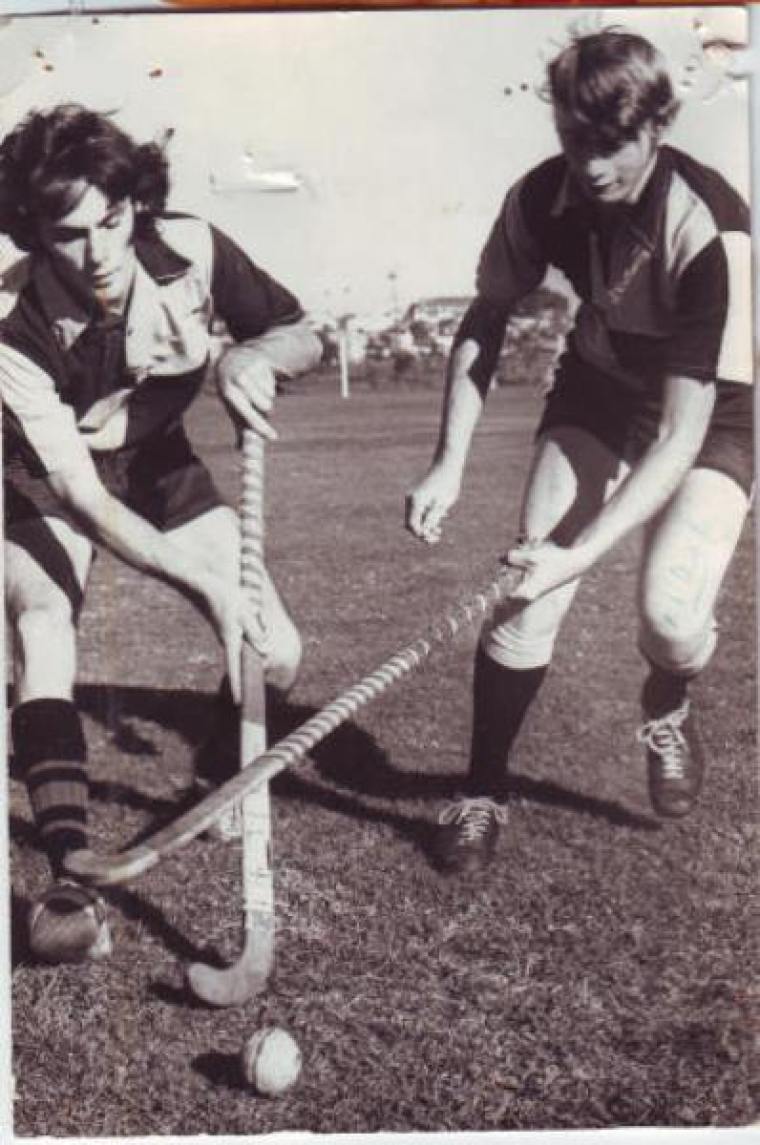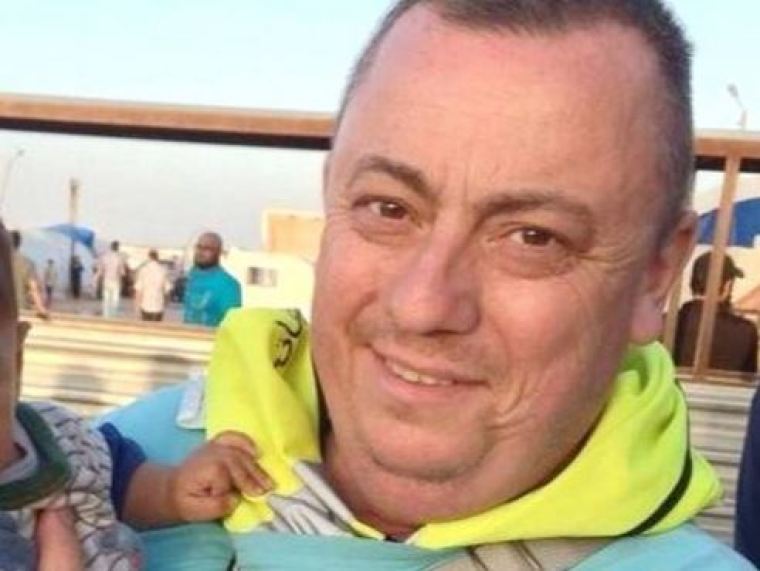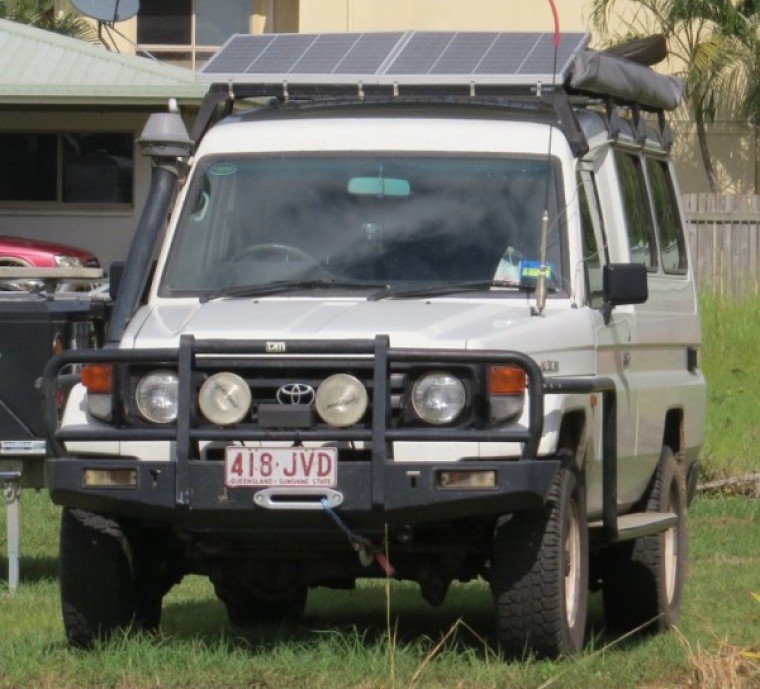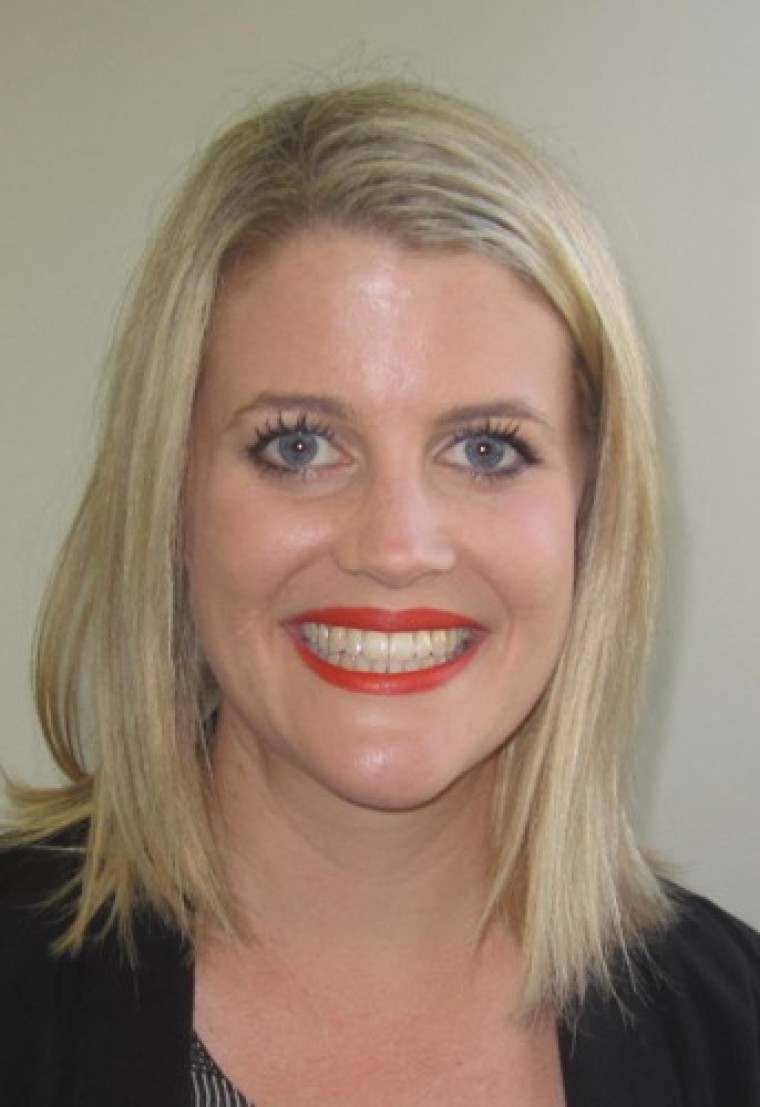

Our eldest daughter was married 2004 and sometime later she discovered that she had lumps in her breasts and these proved to be benign. Over a number of years these lumps were operated on and removed and always proved to be benign. These matters needed to be carefully monitored.
Again, in early 2014 just prior to turning 35, she had another of these minor operations to remove another of these 'benign' lumps in her left breast, and as this operation was undertaken, and to the surgical team's surprised horror, under it, appeared an aggressive breast cancer.
Not one of the many tests, revealed its presence. But there it was, and it would never had been discovered until it was too late - had she not had those 'benign' lumps removed at that precise time. Had those lumps been removed earlier, the surgical team may not have spotted this cancer, or much later, it may have been too late.
Our eldest daughter (we have three daughters and one son) was sporty all her life. Played hockey and soccer, was fit, not in any way over weight, a good figure and in good physical shape and bore two children up until this event.
This cancer revelation was a bit of a shock not only to her and her husband, but to us all, as a close knit family. This daughter is a solicitor and lawyer and loaded with common sense (like her mother) and made the decision to have the left breast removed. This was done and tests revealed that the cancer had not developed into the lymph glands.
It took some time to get proper movement in her left shoulder as the surgical team removed as much of the tissue as they thought necessary. It was described to us like an egg, the observable cancer is the yoke, the unobservable cancer is the white of the egg. All of the white (as it were) needed to be removed 'just in case'. The surgery itself is not unlike key hole surgery, the breasts covering skin is retained (for breast reconstruction).

The trauma
Our daughter slowly but surely recovered from the surgery and then another decision needed to be made as to whether to take the chemo scenario. The option was to do nothing, or as a mopping up process do the chemo treatment. We all had a prayer network functioning and our family members took turn in accompanying her to this and that appointment. Her two sisters, one from Melbourne, the other in Sydney along with a brother on the Gold Coast in their appointed times and with much love and care attended to these visits (as did her husband's parents and us).
It was an emotional trauma in the first instance to realise that breast cancer had struck (nothing in our family history on either side of our families), then to lose a breast, talking about being sick to their 5 year old daughter and on the other hand to their 2 year old son who was of an age to grasp something of the horrible territory of all this. Days later the little 5 year old began to ask questions illustrating that she grasped some of seriousness of the drama.
A decision was made to do the chemo treatment. She wept and wept as she headed to the hair-dresser to have her hair cut off, it was long flowing beautiful hair. She sent out 'updates' to family and friends on a reasonably regular basis and noted "it is a full time job being sick".
The tests and appointments for this and that seemed endless. There were many blood tests, hospital councillor meetings, Cancer Council helps, contact with the McGrath Foundation and it went on and on and on. Then it was discovered there was a spot found on her leg and this required further tests.
Chemo
Originally it was thought she might need six chemo doses. The cancer chemo patients are given a date, they turn up, each one is given their allotted medication which takes several hours, but not before they meet with the medical professional revealing test results and heavy duty discussions.
Before the third chemo dose it was revealed that should that spot on her leg be revealed as a cancer of the same kind and in the bone, she would have a life expectancy of five years. Our son was with her as her husband has used up his sick days attending with her these types of medical reviews, and our son said that the discussion was both self evident and necessary. The prognosis at that stage was it would be benign and when the tests came back, it was.
The third and fourth chemo doses knocked her about a great deal and after that fourth dose she was told that from the test results no further chemo was required. The gene tests came back and she is not a carrier of the breast cancer gene, which was great news for their little daughter, her sisters, brother and her mum.

Finances
Both her husband's work place and her work place have been very helpful but in the end, money runs out as workplace benefits cannot go on for ever. Basically they were right for four-five months and then the family all kicked in with practical measures.
The lawns and gardens are being met by family by hiring a local lawn service business, the Cancer Council has arranged as is their usual system, reduction in rates and water bills, special $ gifts have been given for family treats and even new shoes, but the 'gap' after medical insurances has been a killer (ask any one in such circumstances) – you don't realise this until it happens.
Mr Basil Sellers AM who is a major contributor to the McGrath Foundation and a good friend of cricket and of our faith finance missionary endeavours over many years and who has always taken a personal interest in our children, said to me, that in the end, it is family support that counts most.
He is right on the button.
Having been a minister for 37 years and pastoring to cancer sufferers, some who lived, some who like my good friend the late Ian Carlson who died two years ago, family support is paramount.
Big decisions
Our eldest daughter was told that should she not remove the right breast, the chances of that breast of having a cancer develop was 65% and that was too great a risk, and so like so many others decided that it too should be removed. And it was only recently.
There is a long way to go. Constant medical checks and tests. A wonderfully supportive husband, two little children, and a loving family from all sides, a supportive local church and a "broad prayer network", good friends including the local Mother's Club and the like.
But it's not over yet – now it's forever vigilant! One might even dare to say, it's even been quite a journey for everyone in the family.

Dr Mark Tronson is a Baptist minister (retired) who served as the Australian cricket team chaplain for 17 years (2000 ret) and established Life After Cricket in 2001. He was recognised by the Olympic Ministry Medal in 2009 presented by Carl Lewis Olympian of the Century. He mentors young writers and has written 24 books, and enjoys writing. He is married to Delma, with four adult children and grand-children.
Mark Tronson's archive of articles can be viewed at http://www.pressserviceinternational.org/mark-tronson.html
